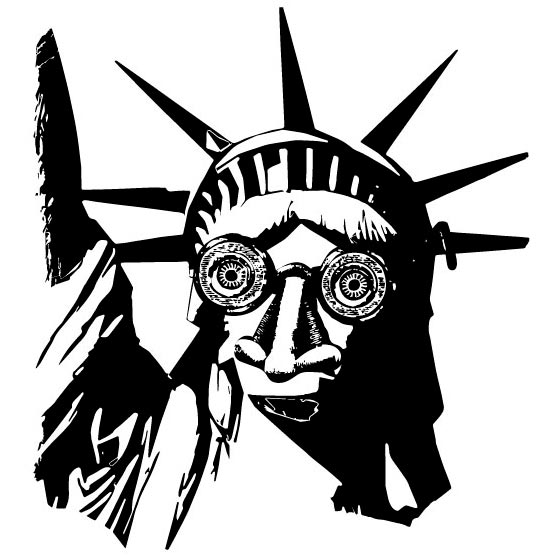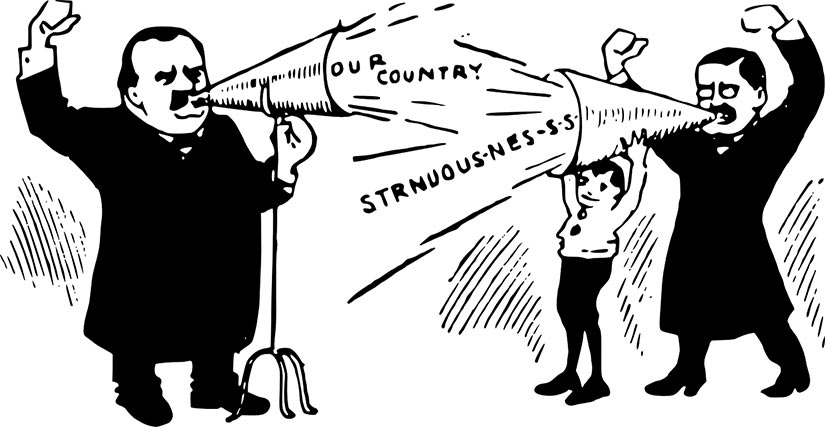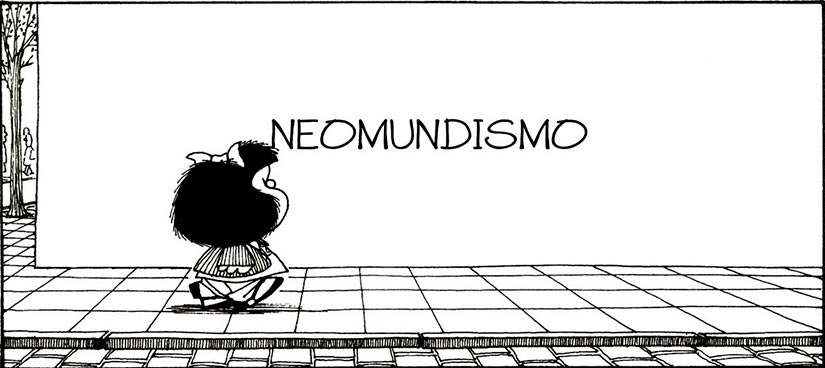Give your opinion
Saving democracy

Iván Sánchez Marañón is back, student first year Degree in Philosophy, Politics and Economics (PPE) at School of Humanities and Social Sciences. This time he brings us a article to understand the risks facing the democratic system. A must-read for those who want to understand the convulsive times we are living in.

If there is one word that can define the current socio-political status , it is undoubtedly polarisation. By polarisation we mean the process by which public opinion becomes divided into two increasingly opposing or rival positions or extremes.
Polarisation has been brewing in recent years in the West and can now be considered a latent problem in our societies. A couple of weeks ago we saw how in the United States it reached such an extreme that a group of Trumpist radicals stormed the Capitol for not recognising Biden's victory in the last elections. Similarly, but without going to such an extreme of foolishness, thousands of anti-Trump US citizens held more or less violent mass demonstrations after Trump's victory in 2016, chanting "Not my president".
In Spain we also see its fruits in a latent form: on the one hand, from agreement with the vision of the most right-wing groups, we live in a kind of Chavist social communism; on the other hand, for the most leftists, in Spanish society there is a large sector of the ultra-extreme right and it is necessary to decree an "anti-fascist alert" to combat it.
Fortunately, we do not live in a socio-communist system and average Spain is neither fascist nor neo-Nazi. However, it is nevertheless worrying that these ideas are gradually taking root in our society and polarising it. We should therefore ask ourselves why this polarisation is taking place.

It is a very complex question, and no doubt various factors such as inequality, culture, globalisation and technological change must be taken into account in answering it. However, what is generally cited as the main cause of polarisation is populism or, failing that, demagogy. "Save democracy from populism!" is a common refrain. Well, we would like to pause here and present the following thesis , which may be shocking, but is no less true: Democracy is not a victim of populism, but is itself its main cause.
To understand this approach we must first understand what democracy is all about. In its most basic essence and as we know it today, democracy consists of collective decision-making through the vote of (virtually) the entire citizenry. Consequently, it is the totality of the voters who choose from a series of alternatives the one that, in their opinion, is the best. As result, the option that receives the most votes issue will be the one that ends up being imposed on all citizens (whether they have voted for the measure or not).
While this system may be considered better than more totalitarian ones, it is not Exempt without a number of flaws, including, precisely, its tendency for populism and demagogy to emerge, and for society to become more polarised in the end. In the following, we will analyse the reasons why this takes place.
First, when democracy encompasses issues that are very sensitive and crucial for several people among whom there is a great disparity of opinions, and as the decision that is taken will end up being imposed on everyone (whether they like it or not), confrontations tend to arise around such issues. Think for example of issues such as abortion or Education. These are issues that many people consider important, but where they have to abide by the decisions that are made, even if they are totally contrary to their own. This is why pressure groups are often created that try to fight to impose their preferred choice on others, because they know that if they do not, another choice will be imposed on them.
Second, each person's vote is worth very little. The likelihood that their vote will tip the balance in the next election is practically nil. As a consequence, it is more than likely that when a decision is imposed on the citizen that he or she does not agree with, this will produce a feeling of rejection towards the rest and towards the system itself.
Third, the citizen lacks incentives to be informed. The cost of being informed about what each political party proposes and what these proposals entail takes a titanic amount of time and effort (it would be necessary to be trained in Economics, politics, law, among others, in order to be able to make correct decisions) and it is also very difficult to fight against our biases and predispositions that make us feel so comfortable with ourselves.
Fourth, it is also worth remembering that in the democratic system the majority vote prevails (regardless of their knowledge of the topic in question), which also entails the risk that the majority groups or those with a better capacity to associate and aggregate interests will be able to parasitise or profit at the expense of the minority groups or those with less capacity to association.
Fifth, politicians, in their quest for power, have high incentives to promise what the majority wants to hear, no matter how impossible or damaging. And because voters tend to remain ignorant and act irrationally, the politicians who succeed are those who manage to appeal to their wishes and desires, not their reason. To observe this it is enough to listen to the average political party's speech , where rhetoric and appeals to sentiment are more important than a reasoned defence of their proposals (if the latter occurs at all).

In short, the fact that the decision chosen by the majority is imposed on the citizenry as a whole can give rise to enormous social conflict between groups with different points of view (especially on the most sensitive issues or those with the greatest disparity of opinions) and that it is the majority or more organised groups that impose their measures on the less majority or less organised ones.
Moreover, as each person's vote has almost zero value, on the one hand, the citizen may feel that a series of measures are being imposed on him/her that he/she does not agree with but is forced to comply with, and on the other hand, he/she has no incentive to inform him/herself about the best alternatives or to act rationally (getting rid of prejudices, predispositions and biases), as this would require a very great effort and expense of time.
Thus, we see how democracy generates conflict between groups with different opinions and makes citizens find it more satisfying to act in an irrational and uninformed way than to make reasoned and impartial judgements. written request In other words, democracy, by generating a climate of confrontation by ultimately imposing some ideas over others and making citizens predisposed to accept discourses based on the exaltation of feelings and emotions, creates the perfect scenario for those supposed "enemies" of democracy, populism and demagogy, to emerge from its very heart and end up spreading throughout the entire system.
That is why the only way to save democracy is to save it from itself. This means reducing it to the only aspects of our lives where it is strictly necessary. If indeed there are any, although that is another discussion.

Wait! If you liked this topic, you can read these authors:
Brennan, J. (2018). Against democracy (3rd ed.). Barcelona: group Planeta.
Caplan, B. (2016). The myth of the rational voter: why democracies choose bad policies. Innisfree.
Huemer, M. (2019). The problem of political authority: a essay on the right to coercion by the state and the duty of obedience by citizens. Barcelona: publishing house Planeta.
Huerta de Soto, J. (2016). Libertad, política y anarquía en la España del s. XXI. IX congress de Economics Austríaca. Madrid: high school Juan de Mariana.






